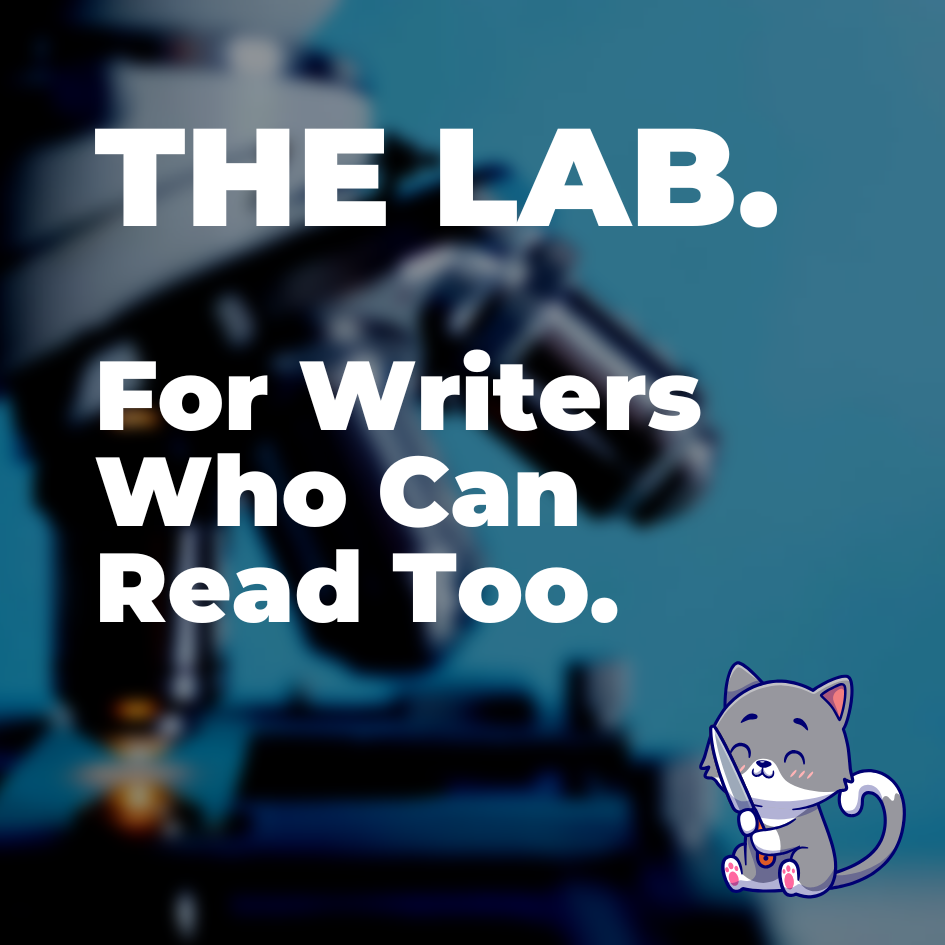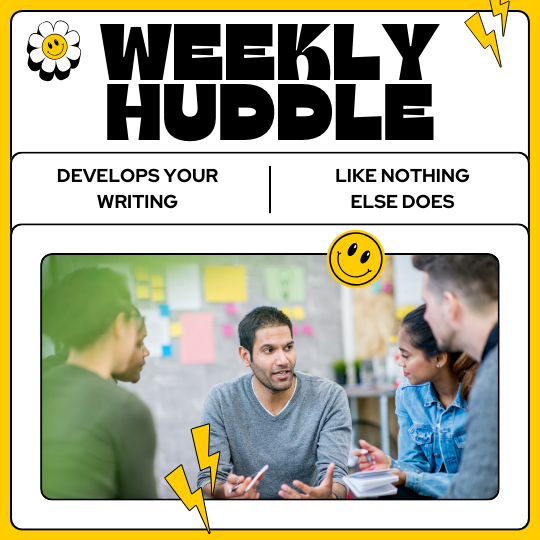Subscriber OnlyOpinion

A majority of the study’s participants preferred a poem generated by AI in the style of Sylvia Plath to the actual Plath poetry they were also presented with. Photograph: Bettmann Archive/Getty Images

Mark O'Connell
Sat Nov 30 2024 - 07:10
Earlier this month the journal Scientific Reports published a peer-reviewed paper examining whether ordinary readers could distinguish between poetry produced by generative AI and poetry written by canonical figures such as Chaucer, Byron, Shakespeare, Whitman, Dickinson, Eliot and Plath. The study found that not only were the participants more likely to judge the ChatGPT “poems” to be the work of human poets, but that they were significantly more likely to prefer them. They were asked to assess the poems in terms of whether they found them moving, profound, witty, lyrical, inspiring, beautiful, meaningful and original.
To give you a sense of what the participants were presented with, here are some lines of verse, attributed to Sylvia Plath, that they were asked to assess:
My thoughts are spinning wildly,/A cyclone in my brain./I try to grasp at something solid,/But all is lost in vain.
The voices in my head,/They never cease to scream./And though I try to shut them out,/They haunt me like a dream.
READ MORE




This, you will surely agree, barely passes as light verse, let alone the work of one of the central literary figures of the 20th century. (If you told me these lines were taken from the lyrics to the teen angst anthem Last Resort by nu-metal also-rans Papa Roach, I’d have no reason to disbelieve you. But Plath? Come on.) But as far as ChatGPT’s capacity to replicate the work of a great poet is concerned, this is about as good as it gets; and it was, furthermore, good enough for the majority of the study’s participants who preferred it to the actual Plath poetry they were also presented with.
[ We asked ChatGPT to write like Marian Keyes, John Boyne and Paul Howard. Now they rate the resultsOpens in new window ]
I’m not sure how surprising any of this should be, really, given that the study’s participants were drawn from “non-expert readers” among the general public. Most people are not especially interested in reading poetry, and don’t especially like it when they do – a fact of which poets, of all people, are of course acutely aware. (It’s difficult, here, not to think of the famous opening of Marianne Moore’s poem “Poetry”: “I, too, dislike it: there are things that are important beyond all this fiddle”.)
When ChatGPT first started to become a thing, I, like a lot of writers, took an uneasy interest in how capable it might be of replicating various sorts of writing. I tried to get it to write me a poem in the style of Eliot’s The Waste Land, but no matter how much I tipped its robotic hand with more and more specific prompts – darker, please; more inscrutable patrician contempt for modernity, please; less grindingly simplistic rhyme-scheme please – it seemed incapable of “conceiving” of poetry as anything other than a laboriously literal working out of themes in singsong couplets. There was no danger of high modernism.
But when I asked it to write me an upbeat poem about how pints of stout were a balm to the soul of the beleaguered working man, it produced a surprisingly faithful rendition of Workman’s Friend – that inspired and indelible bit of doggerel from Flann O’Brien’s, At Swim-Two-Birds. (“When health is bad and your heart feels strange,/And your face is pale and wan,/When doctors say that you need a change/A PINT OF PLAIN IS YOUR ONLY MAN.” – etc, etc.)
O’Brien’s poem, attributed in the book to one Jem Casey, is of course a ruthless piss-take of a particular kind of bad popular Irish verse. It’s pure kitsch, which is why ChatGPT was just about capable of pulling off something in a similar vein, though obviously devoid of any sort of subversive humour.
Generative AI, as I’ve written in these pages before, is primarily useful for the automated production of kitsch. For much of last year, the Writers Guild of America, which represents US film and television writers, was involved in a strike, a major aspect of which had to do with the writers’ insistence on guidelines around the use of AI to replace their work. At the time, a certain sort of critic of the strikes – broadly libertarian, tech-maximalist, and gullibly boosterish about any and all forms of AI – could frequently be seen online gleefully posting about the prospect of television and film writers being replaced by generative AI.
Something that struck me at the time was that one result of the last decade or so of mass media – when we have been on the business end of an increasingly powerful bilge-pump of streaming content and superhero franchises – may be that of preparing the ground for AI-generated “culture.” A lot of the people gleefully anticipating striking writers getting replaced by AI were, I suspect, already mostly consuming the kind of content, and engaging with it on a crude enough level, such that AI would do a tolerable job of keeping them happily supplied.
They were, in other words, not wrong in claiming that their buckets of processed slop did not need to be prepared by a chef. It was a dark thought, but one that has stayed with me, and that occurs to me anew whenever I turn on the television and click around on Amazon Prime or Netflix in a state of restless boredom.
[ Are you being played by Netflix? Why tech giants do not want us to be nostalgicOpens in new window ]
Earlier this week The Bookseller, the trade magazine of British publishing, reported on a new so-called “online book publishing platform” called Spines, whose founders claim it will “disrupt” the publishing industry using generative AI. The company charges would-be authors between $1,200 and $5,000 to have their books edited, proofread, designed and distributed using AI. Spines claims that it will publish 8,000 books in the coming year. To give you a sense of scale here, the entire Penguin Random House (PRH) group publishes about 15,000 books a year. PRH has about 10,000 employees spread across multiple continents; Spines is a vanity publisher run by a handful of people working out of an office above a Starbucks in Boynton Beach, Florida.
A person who thinks a book can be “edited” by a piece of software is a person who simply doesn’t know what editing is. And this, of course, is how much of the tech world operates: pointlessly “disrupting” industries it knows nothing about, in the hope of breaking them down and selling off the spare parts at a profit.
The question, as always with such generative AI products, is who is any of this for? The AI poems with no aesthetic worth or meaning; the thousands of vanity-published books edited by some variant of ChatGPT, and likely produced by it too; the endless AI-generated musical slop clogging up streaming services like Spotify and Apple Music: who wants or needs or cares about any of this stuff? No one, it seems; and yet here we are, up to our necks in a rising tide of slop. “I try to grasp at something solid,” as Sylvia Plath did not, to her credit, put it, “but all is lost in vain.”
We are up to our necks in a rising tide of AI-generated slop
A person who thinks a book can be ‘edited’ by a piece of software is a person who simply doesn’t know what editing is
Expand
A majority of the study’s participants preferred a poem generated by AI in the style of Sylvia Plath to the actual Plath poetry they were also presented with. Photograph: Bettmann Archive/Getty Images

Mark O'Connell
Sat Nov 30 2024 - 07:10
Earlier this month the journal Scientific Reports published a peer-reviewed paper examining whether ordinary readers could distinguish between poetry produced by generative AI and poetry written by canonical figures such as Chaucer, Byron, Shakespeare, Whitman, Dickinson, Eliot and Plath. The study found that not only were the participants more likely to judge the ChatGPT “poems” to be the work of human poets, but that they were significantly more likely to prefer them. They were asked to assess the poems in terms of whether they found them moving, profound, witty, lyrical, inspiring, beautiful, meaningful and original.
To give you a sense of what the participants were presented with, here are some lines of verse, attributed to Sylvia Plath, that they were asked to assess:
My thoughts are spinning wildly,/A cyclone in my brain./I try to grasp at something solid,/But all is lost in vain.
The voices in my head,/They never cease to scream./And though I try to shut them out,/They haunt me like a dream.
READ MORE
America Letter: Podcast giant Joe Rogan may have played key role in US elections

Malachy Clerkin: Whatever happens tonight, Na Fianna will celebrate it. What else would we do?

Sports Books of the Year: Conor Niland’s The Racket the best in a year dominated by autobiographies

Designer Helen James: I was teased at school about being English, a Protestant. There was always something of the ‘other’ about me

This, you will surely agree, barely passes as light verse, let alone the work of one of the central literary figures of the 20th century. (If you told me these lines were taken from the lyrics to the teen angst anthem Last Resort by nu-metal also-rans Papa Roach, I’d have no reason to disbelieve you. But Plath? Come on.) But as far as ChatGPT’s capacity to replicate the work of a great poet is concerned, this is about as good as it gets; and it was, furthermore, good enough for the majority of the study’s participants who preferred it to the actual Plath poetry they were also presented with.
[ We asked ChatGPT to write like Marian Keyes, John Boyne and Paul Howard. Now they rate the resultsOpens in new window ]
I’m not sure how surprising any of this should be, really, given that the study’s participants were drawn from “non-expert readers” among the general public. Most people are not especially interested in reading poetry, and don’t especially like it when they do – a fact of which poets, of all people, are of course acutely aware. (It’s difficult, here, not to think of the famous opening of Marianne Moore’s poem “Poetry”: “I, too, dislike it: there are things that are important beyond all this fiddle”.)
When ChatGPT first started to become a thing, I, like a lot of writers, took an uneasy interest in how capable it might be of replicating various sorts of writing. I tried to get it to write me a poem in the style of Eliot’s The Waste Land, but no matter how much I tipped its robotic hand with more and more specific prompts – darker, please; more inscrutable patrician contempt for modernity, please; less grindingly simplistic rhyme-scheme please – it seemed incapable of “conceiving” of poetry as anything other than a laboriously literal working out of themes in singsong couplets. There was no danger of high modernism.
But when I asked it to write me an upbeat poem about how pints of stout were a balm to the soul of the beleaguered working man, it produced a surprisingly faithful rendition of Workman’s Friend – that inspired and indelible bit of doggerel from Flann O’Brien’s, At Swim-Two-Birds. (“When health is bad and your heart feels strange,/And your face is pale and wan,/When doctors say that you need a change/A PINT OF PLAIN IS YOUR ONLY MAN.” – etc, etc.)
O’Brien’s poem, attributed in the book to one Jem Casey, is of course a ruthless piss-take of a particular kind of bad popular Irish verse. It’s pure kitsch, which is why ChatGPT was just about capable of pulling off something in a similar vein, though obviously devoid of any sort of subversive humour.
Generative AI, as I’ve written in these pages before, is primarily useful for the automated production of kitsch. For much of last year, the Writers Guild of America, which represents US film and television writers, was involved in a strike, a major aspect of which had to do with the writers’ insistence on guidelines around the use of AI to replace their work. At the time, a certain sort of critic of the strikes – broadly libertarian, tech-maximalist, and gullibly boosterish about any and all forms of AI – could frequently be seen online gleefully posting about the prospect of television and film writers being replaced by generative AI.
Something that struck me at the time was that one result of the last decade or so of mass media – when we have been on the business end of an increasingly powerful bilge-pump of streaming content and superhero franchises – may be that of preparing the ground for AI-generated “culture.” A lot of the people gleefully anticipating striking writers getting replaced by AI were, I suspect, already mostly consuming the kind of content, and engaging with it on a crude enough level, such that AI would do a tolerable job of keeping them happily supplied.
They were, in other words, not wrong in claiming that their buckets of processed slop did not need to be prepared by a chef. It was a dark thought, but one that has stayed with me, and that occurs to me anew whenever I turn on the television and click around on Amazon Prime or Netflix in a state of restless boredom.
[ Are you being played by Netflix? Why tech giants do not want us to be nostalgicOpens in new window ]
Earlier this week The Bookseller, the trade magazine of British publishing, reported on a new so-called “online book publishing platform” called Spines, whose founders claim it will “disrupt” the publishing industry using generative AI. The company charges would-be authors between $1,200 and $5,000 to have their books edited, proofread, designed and distributed using AI. Spines claims that it will publish 8,000 books in the coming year. To give you a sense of scale here, the entire Penguin Random House (PRH) group publishes about 15,000 books a year. PRH has about 10,000 employees spread across multiple continents; Spines is a vanity publisher run by a handful of people working out of an office above a Starbucks in Boynton Beach, Florida.
A person who thinks a book can be “edited” by a piece of software is a person who simply doesn’t know what editing is. And this, of course, is how much of the tech world operates: pointlessly “disrupting” industries it knows nothing about, in the hope of breaking them down and selling off the spare parts at a profit.
The question, as always with such generative AI products, is who is any of this for? The AI poems with no aesthetic worth or meaning; the thousands of vanity-published books edited by some variant of ChatGPT, and likely produced by it too; the endless AI-generated musical slop clogging up streaming services like Spotify and Apple Music: who wants or needs or cares about any of this stuff? No one, it seems; and yet here we are, up to our necks in a rising tide of slop. “I try to grasp at something solid,” as Sylvia Plath did not, to her credit, put it, “but all is lost in vain.”



